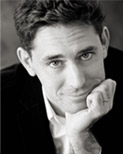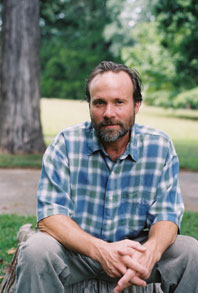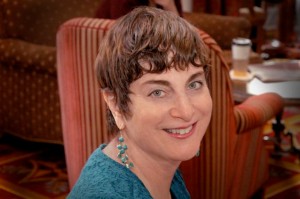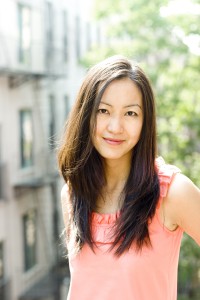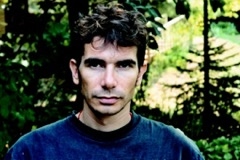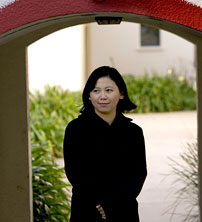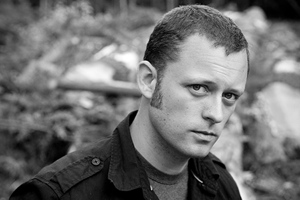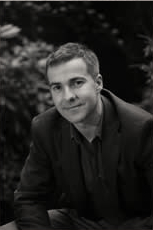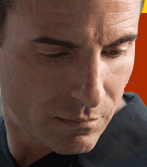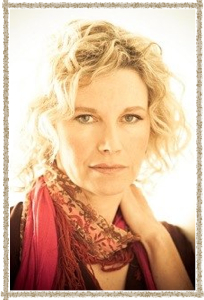Stalking the Inner Celestial: An Interview with Michael Byers
Michael Shilling’s interview with Percival’s Planet author Michael Byers delves into the fascinating characters – both historical and imagined – that populate Byers’ novel, which deals with the 1930s discovery of Pluto. Shilling says, “Reminiscent of such lightweights as James and Welty, Byers’ work shines with studied and infuried illuminations of the imperfect spirit; he can map out this process of inner grappling with a lovely, intense, and disciplined artistry.”

